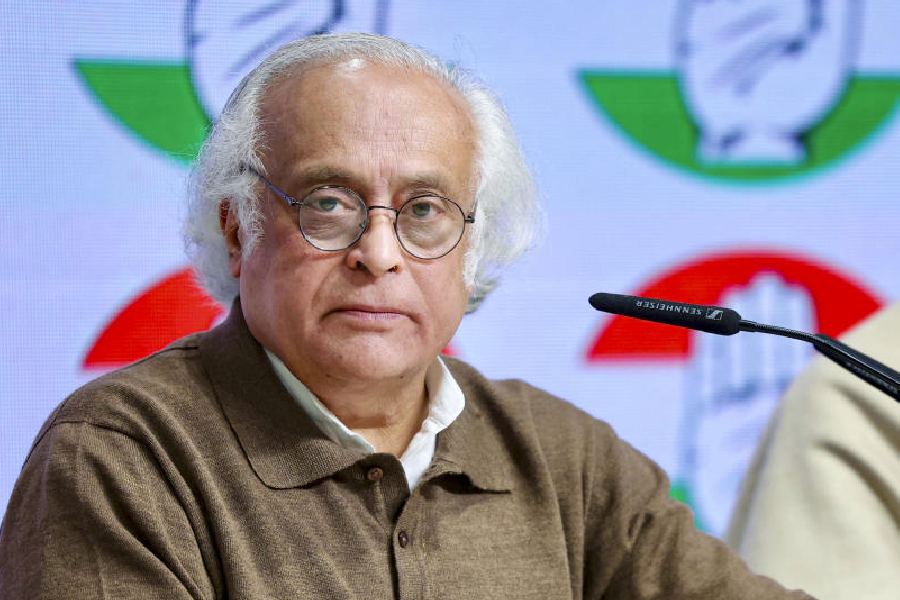 |
Patna, Feb. 7: The next cyber war will be fought on the mobile hacking platform, predicts Ankit Fadia, the renowned cyber security expert, popularly known as the ethical hacker.
In an exclusive interview with The Telegraph, Fadia said hackers and terrorists are set to target cellphones with mobile technology getting more vibrant.
Fadia, who was in Patna to address the students and IT experts on insights into the world of cyber terrorism and ethical hacking at IIT, Patna, said: “The next big security threat could be from social networking. Everybody in India is on the social networking bandwagon. Celebrities update Twitter daily. The latest viruses, worms, spyware and malware spread through social networking websites like Twitter, Facebook, Orkut and Myspace. You will receive a private message from one of your friends (who is already infected) containing a link to a Youtube video. Halfway through the video, it will prompt you to download some video. As the the message comes from one’s friend, most people tend to trust it and get infected.”
Fadia added: “Pakistani cyber criminals deface over 60 Indian websites a day, but in retaliation, only 10 to 15 Pakistani websites are defaced. The trend has been on since 2001. No doubt, India is the IT capital of the world, but as far as security is concerned, India is lagging far behind,” said Ankit.
The cyber security guru also said the police and laws in the country are less equipped to handle cyber crimes even after years of advent of information technology.
“Cyber laws in India are quite good, but the problem is that the police who enforce those laws are ill-equipped and are not trained properly. If a person lodges a cyber crime complaint, it will be shocking that nine out of 10 times, the officials attending to you would not follow what you are saying,” said Ankit.
Fadia said when such situations are prevalent in metropolitan cities, one wonders how such crimes are dealt with in less developed states such as Bihar and Jharkhand which do not have proper cyber crime cells.
“Several financial scams and frauds take place on social networking websites. Get rich quick schemes, earn money online scams and various money-laundering attacks now come to you through a Twitter update or a Facebook wall post. Since social networking websites are all about your friends, many people are susceptible to the attack,” Ankit said.
He added: “Antivirus companies need to add a social networking aspect to the software they develop. People need to be sensitised about the threats of social networking.”
Fadia, who had helped US police solve the 9/11 attack in US, said after the attack, US police received a blank e-mail carrying only photographs. On investigation, it was found that the photographs carried hidden messages.
Fadia had launched India’s first computer security training and certification course known as Ankit Fadia Certified Ethical Hacker (AFCEH) programme in 2006. Over the past three years, he has successfully trained more than 10,000 ethical hackers across the country.










